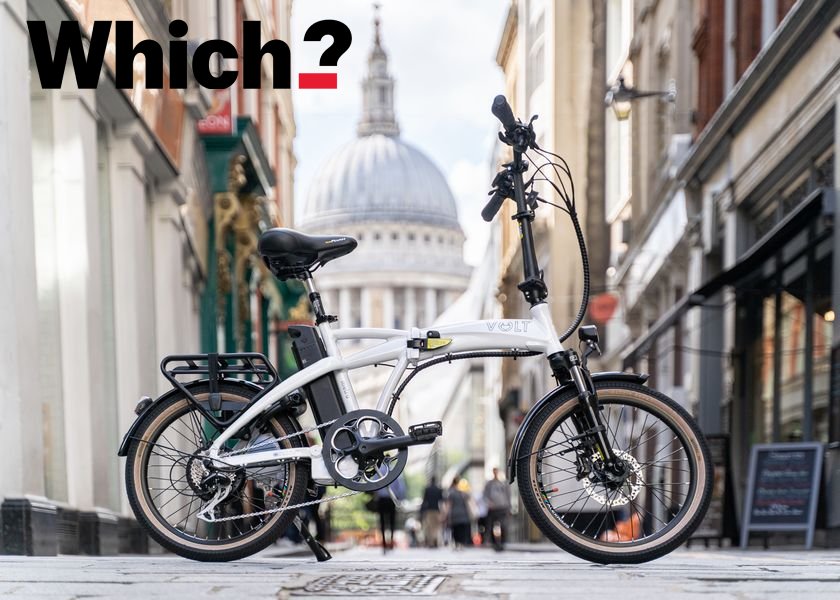
The surge in demand for electric bike sales and usage since the first Corona Virus lockdown is well documented. But will people continue to turn to pedal-assisted transport in a post-vaccine UK? This Summer Volt, commissioned an independent survey to find out just that….
Volt Press Release June 2021
Research released today reveals Britons have been eyeing up sustainable solo-transport for their return to work as restrictions ease, highlighting a marked desire to avoid public transport.
According to a nationwide survey of UK adults by the UK’s leading electric bike manufacturer, VOLT, desire to purchase an e-bike has significantly risen, with around one fifth (18 %) of the UK suggesting they are more likely to purchase an e-bike compared to before the pandemic.
The research also showed a shift from public to personal travel modes post-pandemic – with 39% of commuters suggesting they are less likely to use public transport (bus/train/underground) than they were before the pandemic, and 30% saying they are more likely to use solo transport (e-bikes/scooters/bikes/car/motorcycles). After a year of enforced social distancing, it is not surprising that travellers will look to put a distance between themselves and fellow commuters, while also maximising time spent outdoors exploring – something that cycling, and specifically e-biking, is perfect for.
The biggest transformation towards e-bikes and sustainable personal transport has happened in London, where just under half (44%) of respondents said that they were more likely to buy an e-bike for personal transport than they were pre-pandemic. This change in attitudes was mirrored in Northern Ireland, where 25% said they were more likely to buy an e-bike and in Scotland, where one in five expressed an interest in purchasing one.
James Metcalfe, Founder and CEO of VOLT, said of the findings: “This research reflects what we have seen on a daily basis amongst our customers. We have been manufacturing e-bikes for over a decade and grown continually throughout that time, but nothing can compare to the acceleration the industry experienced in 2020.”
“Before the pandemic, urban transport was at a crisis point. Disgruntled commuters either sat in traffic for hours or paid through the nose for trains that either ran late or not at all. The pandemic provoked a hard reset. As people look to return to the office, it is vital that we capitalise on this momentum by creating the infrastructure to support these new swathes of riders and to solidify e-bikes position as the future of transport. It is also imperative that the Government does all it can to dissuade those fearful of public transport from hitting the roads in cars. The environment has dramatically benefitted from fewer car journeys during the pandemic, and we encourage everyone about to embark on a journey of five miles or less to look to an e-bike over a car.”
Other key findings include:
- 41% of respondents said they are less likely to take the train or underground to work
- Men are more likely than women to buy an e-bike post-pandemic, albeit by a fairly small margin (22% and 14% respectively)
- Nearly half of existing e-bike owners (48%) said that they plan to use their e-bike more often post-pandemic
The increasing popularity of alternative transport has been catalysed by the pandemic, as an increasingly wide range of ages take to the saddle. More and more younger riders are looking to keep fit and travel in an environmentally friendly way, with 44% of 18–24-year-olds saying that they are more likely to buy an e-bike than they were pre-pandemic.
The e-bike revolution is showing no signs of slowing, as riders become increasingly aware of the plethora of benefits they offer. Efficient and environmentally friendly, this cost-effective way of travelling is set to change how we travel.
Popular Posts
E-bikes & UK Law
February 01, 2024
VOLT Bikes Powers COPE Ltd’s Eco-Friendly Commute Revolution
January 05, 2024
VOLT Electric Bikes – Winner at this year’s BikeBiz Awards
December 15, 2023





